The concept of mental health is a hypochondriac’s, narcissist’s, shirker’s and social security fraud’s charter: for who can prove that someone does not so feel depressed, anxious or grief-stricken that he is unable to work? Who can distinguish between “can’t,” “won’t” and “would rather not”?
Unfortunately, mental health has come to mean any deviance from a state of perfect equanimity and satisfaction
Fragile mental health, and especially mental health issues, are said to be preventing large numbers of young people from working, with British people in their early twenties now more likely to be out of work than people in their early forties as a result. One even hears people nowadays say that “I’ve got mental health” — not meaning something positive but negative. Mental health means something bad, something incapacitating.
Those with mental health issues, or just plain mental health, can get by economically without working. This is a powerful cause, I would guess, of considerable psychological unease, for even now most people do not like to feel useless to others. The frauds among them, of course, are delighted to be paid to do nothing, especially if they can supplement their income on the side.
But the difference between the genuine cases and the fraudulent, insofar as the genuine cases really do experience wretchedness of one kind or another, is not absolutely categorical. If you play a part long enough, after all, it is what you become: habit changes character.
What is mental health? The only definition I can think of is the absence of outright lunacy. Unfortunately, it has come to mean any deviance from a state of perfect equanimity and satisfaction. A long time ago, I noticed that the word “unhappy” had disappeared from the everyday lexicon, in favor of the word “depressed.” For every person now who claims to be unhappy there are a thousand who say that they are depressed, and this is irrespective of the conditions that are making them so. When I used to say to depressed women that there would be something wrong with them if they were happy while their disgusting boyfriends were pulling them by the hair and banging their head on the floor, they would laugh, as if they knew all along that to complain of depression in such circumstances was absurd.
But the semantic change from unhappiness to depression, in so many cases absurd and even laughable, is not without its deleterious effects. If you are unhappy, you seek the causes and, if you have what used to be called inner resources, confront them. (Unfortunately, there are circumstances, truly tragic, in which this is not possible.) But if you claim to be depressed, you pass the responsibility over to professionals who are expected to do something to or for you that will remove the depression as a diseased appendix is removed.
This is fatuous and explains why expanding so called mental health services will always resemble an animal chasing its own tail. The supply creates its own demand. The psychiatrist Colin Brewer formulated a quasi-law: misery increases to meet the means available for its alleviation.
I once calculated that if you look through the Diagnostic and Statistical Manual of the American Psychiatric Association, 5th edition (in which British judges believe with all the fervor of a Latin American peasant praying to a miracle-working Virgin for the recovery of his pig) you would conclude that the average citizen in the western world suffered from two and a half mental disorders a year.
Of course, there are fashions in diagnosis. A generation ago it was multiple personality — The Three Faces of Eve kind of thing — and the DSM-5 suggested that the prevalence might be as high as 1.5 percent of the adult population, that is to say one in every sixty-six people. Multiple personality has since become very rare.
These days it is gender dysphoria that is fashionable, with child gender-identity referrals increasing from 210 per year in 2011 to 5,000 per year in 2021. Either there must be something new in the water supply, or we are dealing with a socio-psychological epidemic.
I do not deny that there is real madness or that physical illness may present with psychological symptomatology straight out of the DSM-5. Both the psychiatrist and the ordinary physician must be aware of this. But this overlap does not explain the vast increase in diagnosis of psychiatric disorders among the young. Nor do I deny that there are many reasons for the young to be dissatisfied or anxious about the future, from the instability of family life to the uncertainty of economic prospects. But no army of nurses, psychologists, therapists or doctors will improve matters: on the contrary, it will dig a pit from which it will be difficult for the young to escape.
The ever-expanding gamut of psychiatric diagnosis encourages the belief that all departure from a desired state of mind is a medical condition susceptible to medical or some other technical solution. This results in a propensity to hypochondria of the mind, with people taking their mental temperatures, as it were, as hypochondriacs take their blood pressure. But it precludes honesty or genuine reflection and leads to the search for bogus cures of bogus diseases. A corollary is the neglect of those who genuinely require care, who drown in a sea of inflated need.
There are ways to ameliorate the situation. The first is the complete abandonment of the concept of mental health. The second is the abandonment of the automatic legal equivalence of psychiatric disorder and physical illness.
This article was originally published on The Spectator’s UK website.



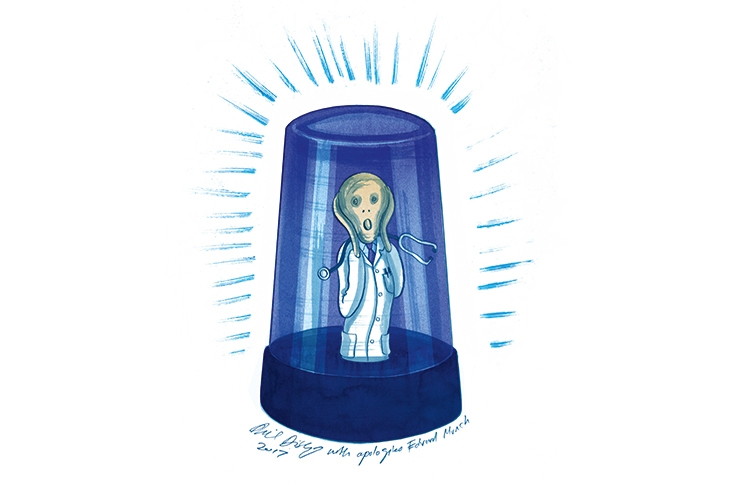






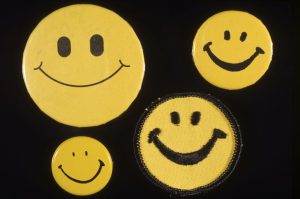



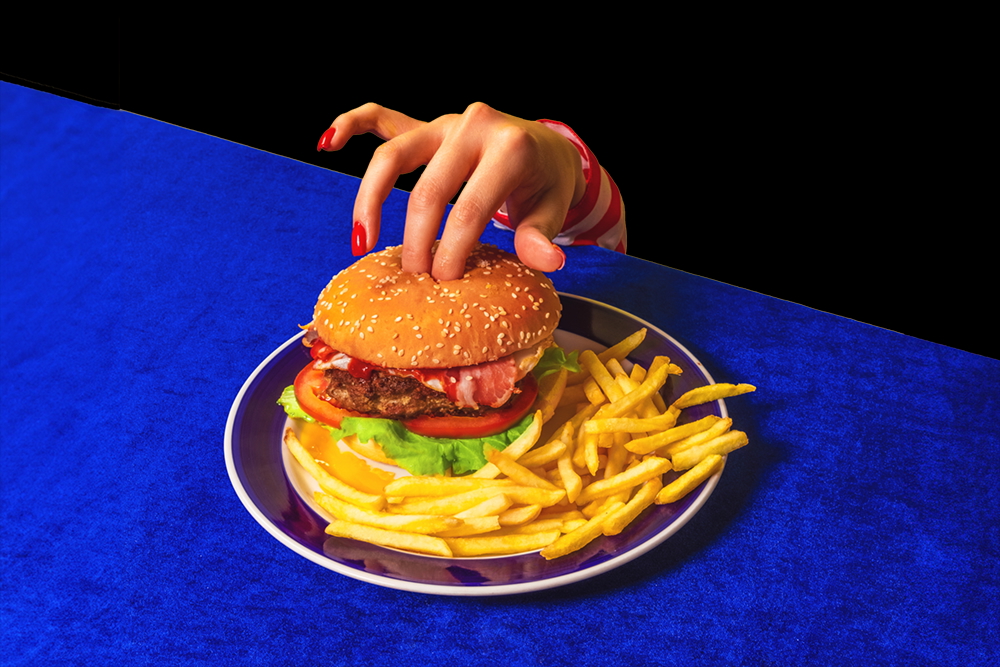

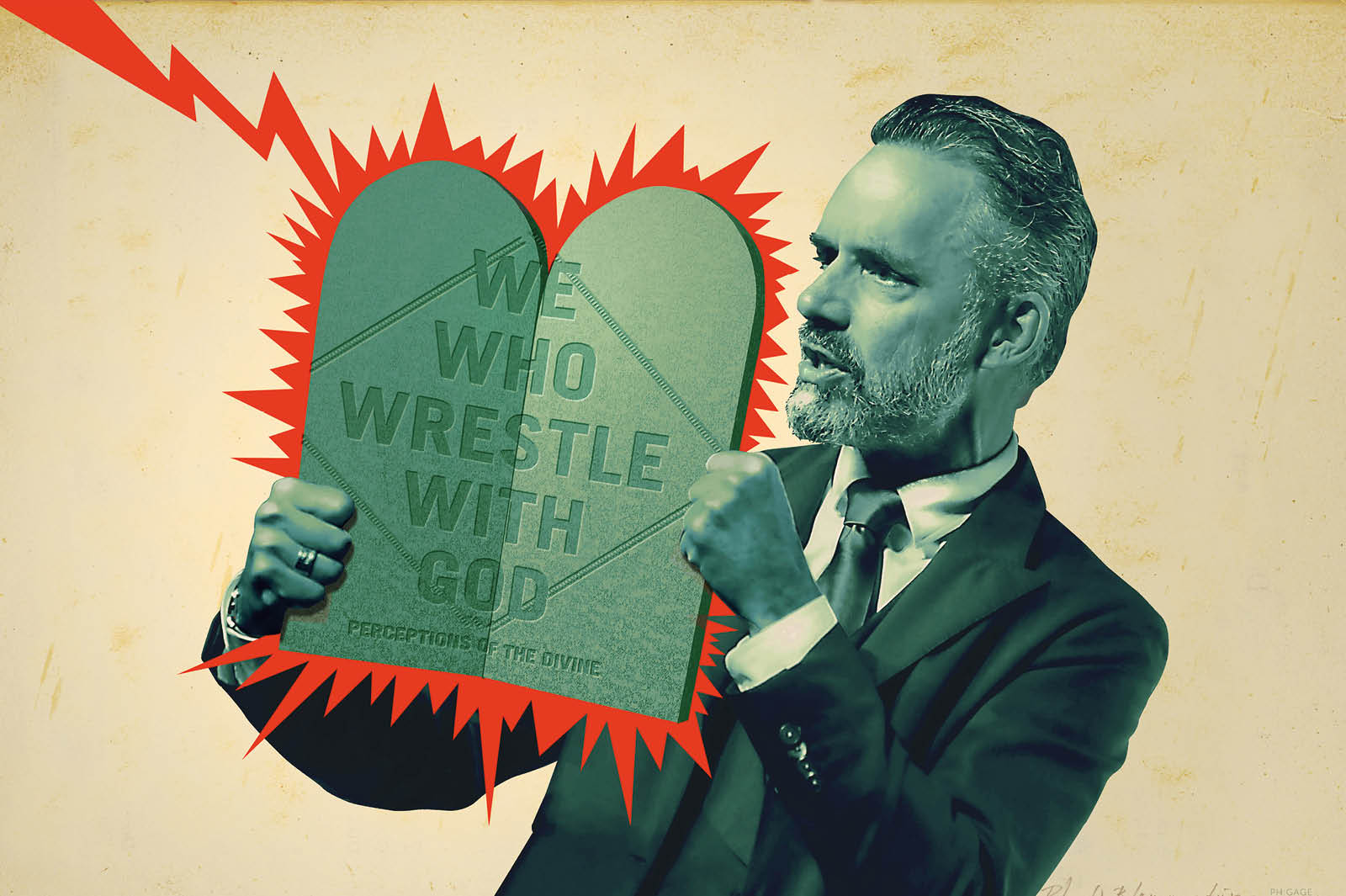
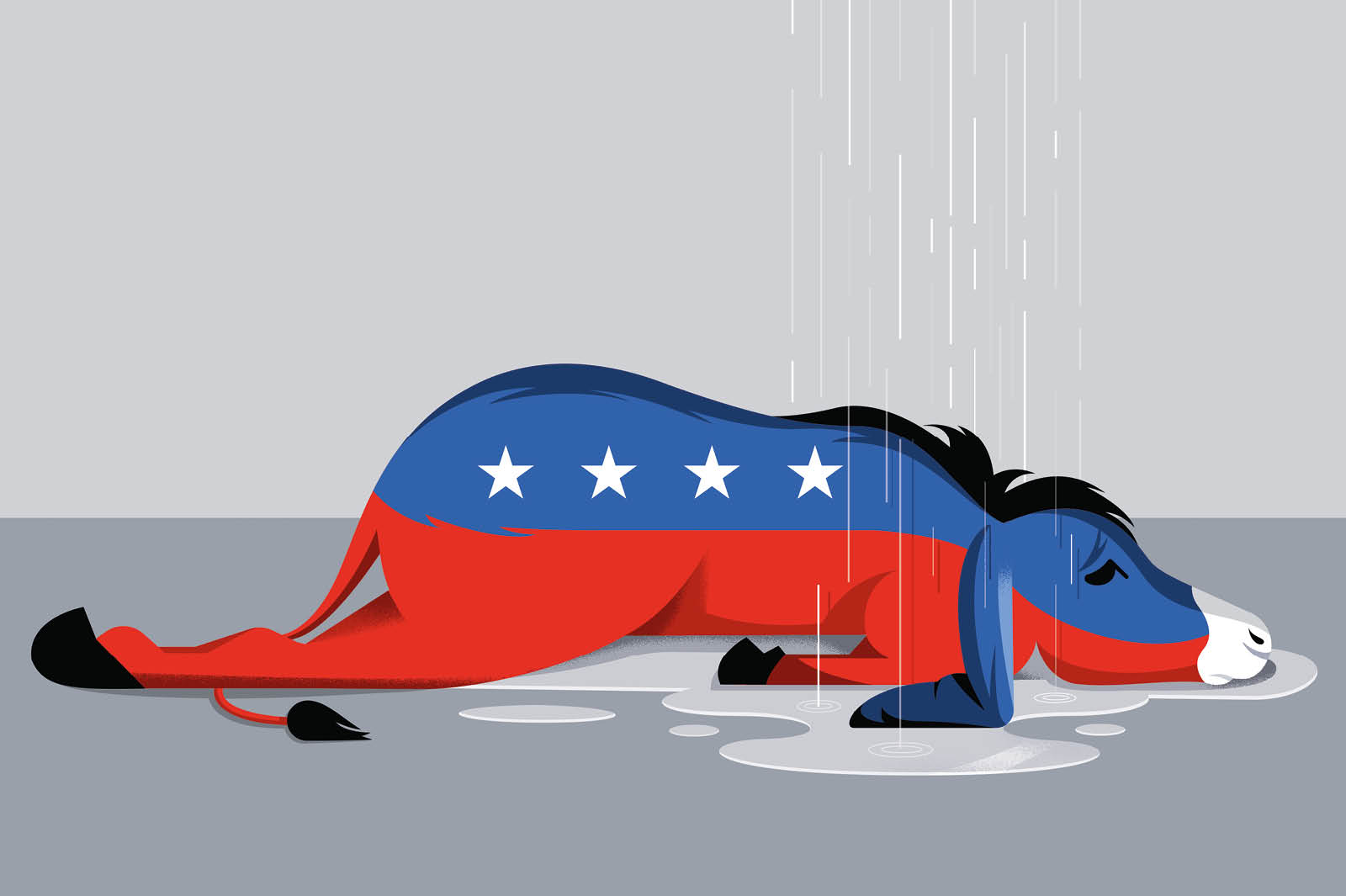








Leave a Reply